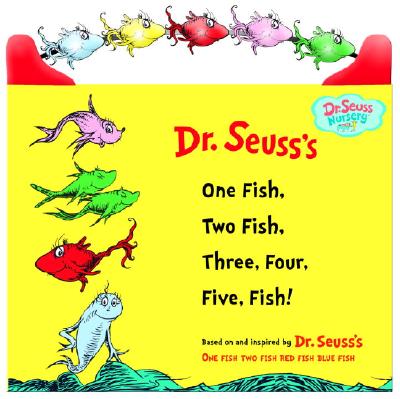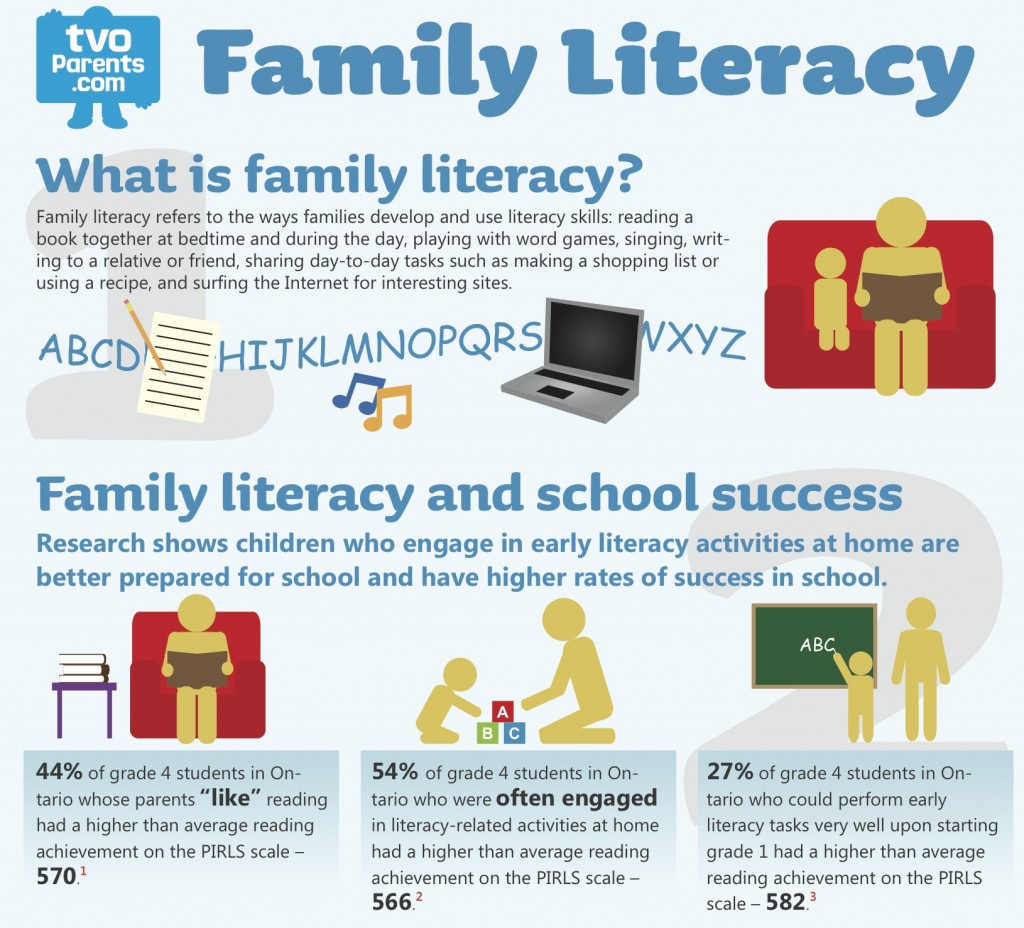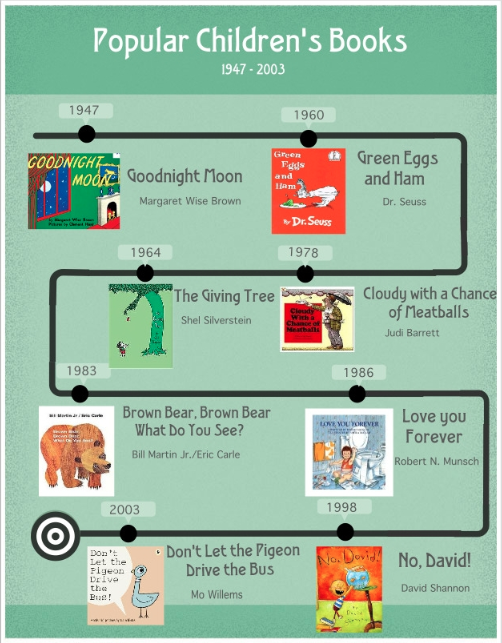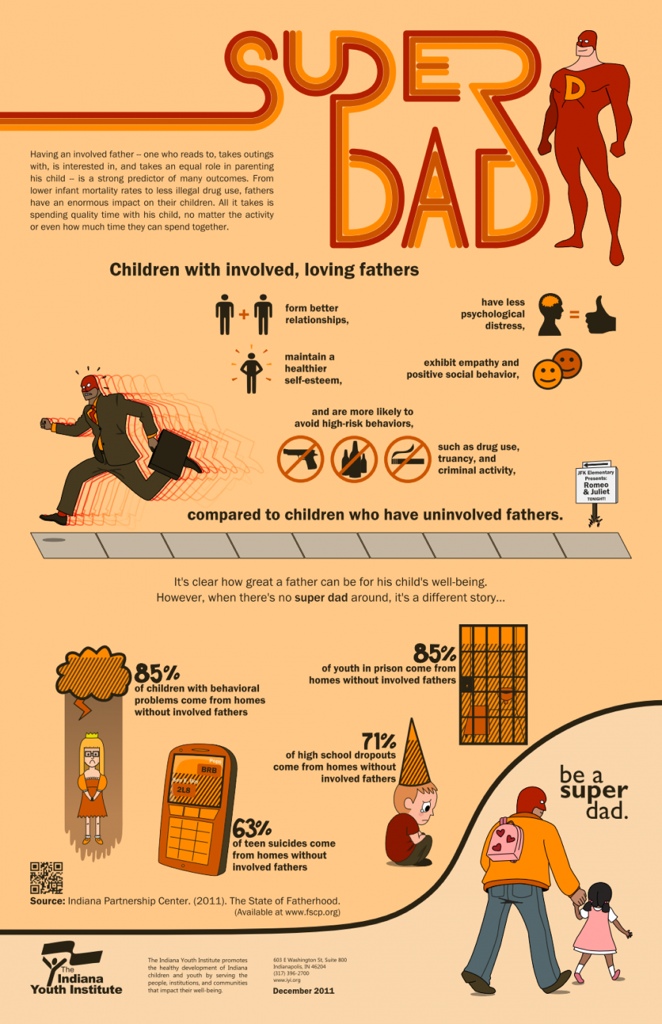
Story Time Is An Excellent Opportunity to Engage Your Child and Boost Language Skills. Here Are Some Favorites. Source: Betterworldbooks.com
Goodnight Moon, Charlotte’s Web, Dr. Seuss! These and other perennial favorites are excellent book choices when it comes to reading to your child! There are so many books available for children, parents are often confused what books to check out at the library, or what books to purchase that will both entertain their child and make important connections in early language skill building. But, equally as important as the book content alone when it comes to building language skills, is HOW you read to your child. The interaction itself is what makes an impact. Some suggestions in improving the quality of reading to your child include, follow your child’s lead, ask questions to see help your child feel connected to the story and encourage your child to talk about the story and how it may relate to his or her life. Take time to talk about the letters, sounds, shapes in the story. Each of these is a crucial component to building language skills. Check out our six favorite basic books to boost language skills in your child.




